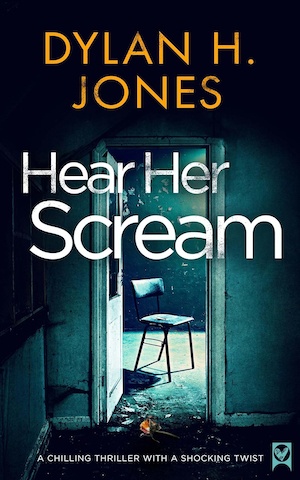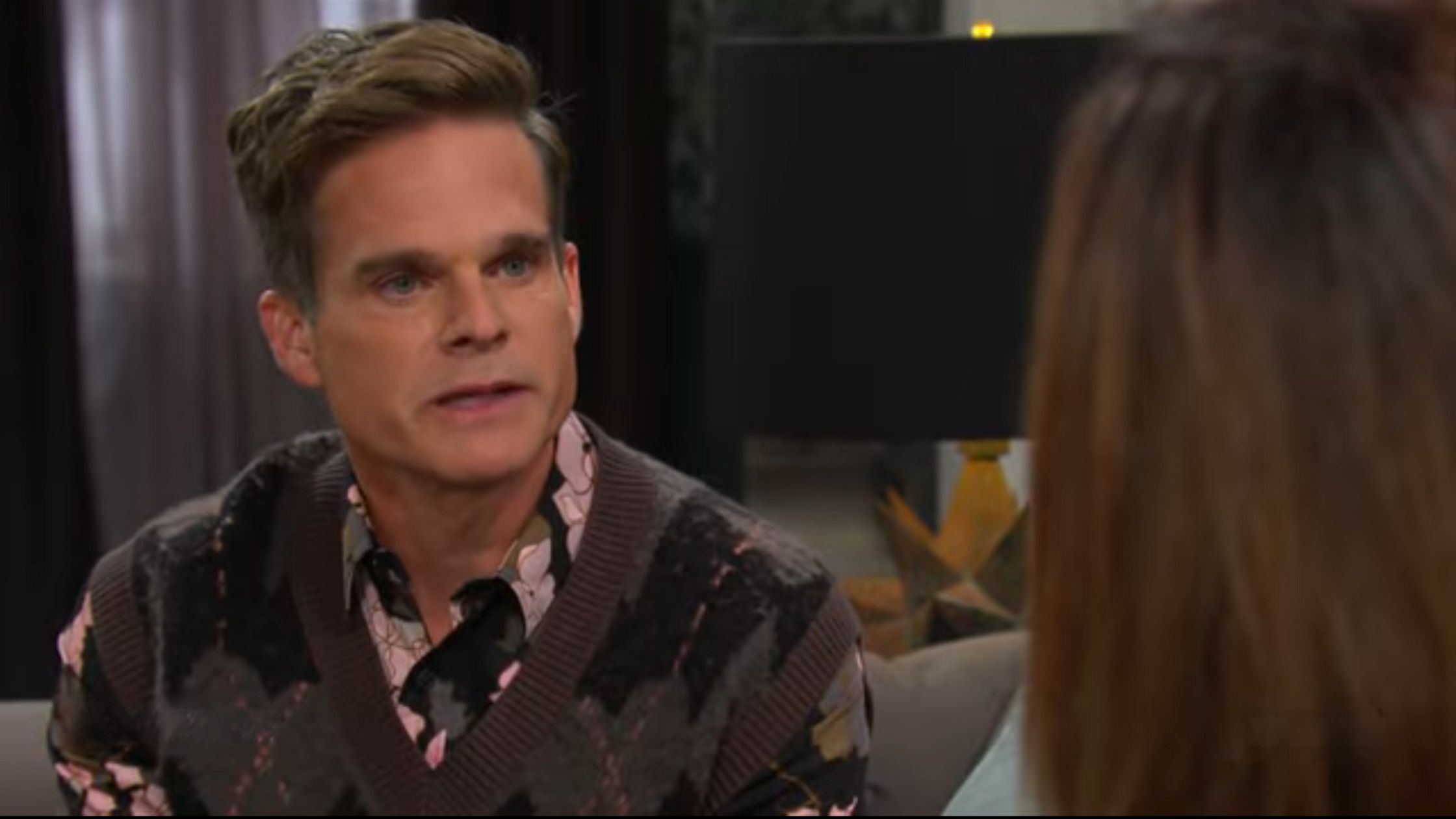For Richard it started with a pituitary tumor. Surgeons removed it, but the result, a few years later, was a cranial bleed and brain damage that worsened over time.
As a kid I found my uncle kind but intimidating, a larger-than-life mix of showman’s bravado and military rigor. After the bleed, all that was gone. He moved slowly and said little. He could still play musical instruments, but in the documentary, it’s my aunt who speaks. Richard sits, silent. He died three months later.
For five decades, atomic veterans were forbidden to tell anyone about their experience, not even a spouse or doctor. That has made it hard to get a reliable accounting of their numbers, or of the medical consequences they suffered, which include leukemia, thyroid cancer, esophagus cancer and multiple myeloma. It has also made it hard for them or their family members to get needed support. To prove her case to the Department of Veterans Affairs, my aunt spent long hours in the library reading scientific articles about atmospheric ionizing radiation (many of which she first had to get translated from Japanese), went digging through the archives of old Nevada newspapers, consulted doctors. She was rebuffed many times but finally, after seven years, the V.A. relented. It confirmed that Richard’s condition was most likely caused by his exposure. That qualified her to receive modest compensation.
A number of conditions are now “presumptive” for atomic vets, meaning that they’re assumed to be a result of their service. But there’s no way to know how many people suffered or died before that policy was adopted or how many other conditions may also be the result of exposure — nor how many families couldn’t undertake the kind of research my aunt did or persevere through so many setbacks. The veterans’ numbers are dwindling, but these questions remain urgent, since the effects of radiation can be passed on to children and grandchildren.
“Oppenheimer” has been criticized for not showing the devastation in Hiroshima and Nagasaki. I think it was the right choice. It would have been offensive, maybe even obscene, to reduce that suffering to a subplot of a great-man biopic, a movie that, however deeply based in fact, is ultimately an entertainment, a fiction. Leaving Japan’s horror to the imagination, or to the intrusive thoughts you can see Oppenheimer struggling to shut out, felt to me like appropriate humility about the limits of representation, as when the film goes all but silent when the blast first registers.







